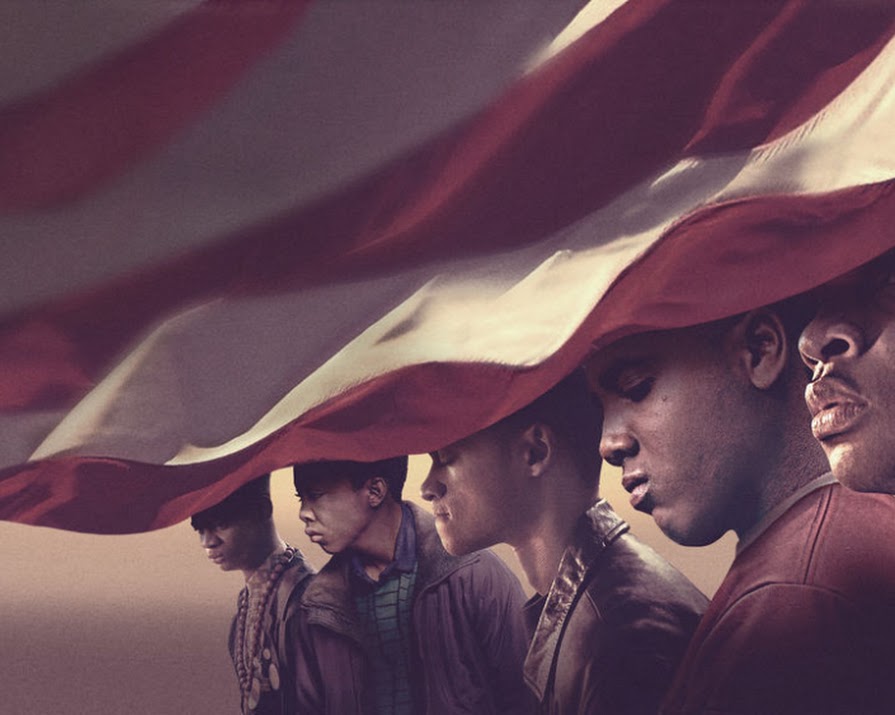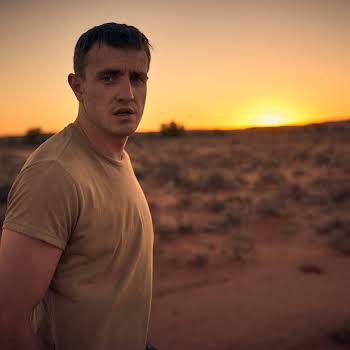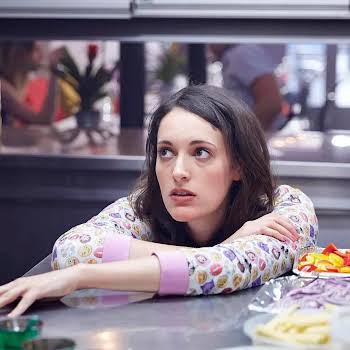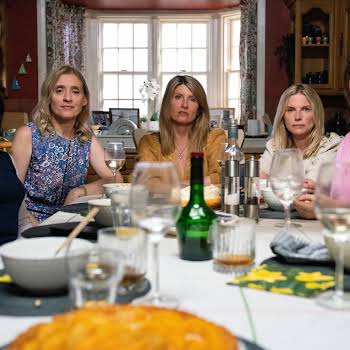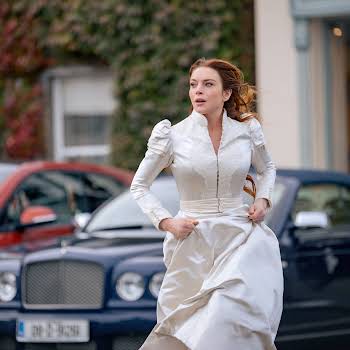
6 things you can watch on Netflix to learn about racism and white privilege
By Erin Lindsay
03rd Jun 2020
03rd Jun 2020
We should all be using this time to listen and learn, and you can easily start with these documentaries and series on Netflix
Throughout the events of this past week, the message to white people has been overwhelmingly clear: listen, learn and do better. The privilege of having white skin means that we will never have to deal with the hardships and systemic barriers that black people deal with every single day. But while we can never truly understand how it feels, we can use this time to educate ourselves and others, so that we may be able to use our privilege for the greater good.
Using the media that is already easily accessible to you is a great first step. If you’ve been on social media this week, you’ll have seen countless resources, educational tools, books, research, places to donate and petitions to sign. If you’re the type of person that learns best from visual representations, turning on the TV and tuning into works by and about black people is a great place to start.
On Netflix alone, there are a lot of series and documentaries that explore different factors of racism. Take some time out this week to watch them, and continue your support of the anti-racism movement long after it’s trending on Instagram.
13th
This 2016 film by Oscar-nominated director Ava DuVernay explores how the U.S criminal justice system perpetuates racism; from the American Civil War through to Jim Crow laws, the civil rights movement and the ‘war on drugs’, DuVernay looks at the mass incarceration of black people in the U.S and how the system is constructed to continue this disturbing cycle. With a mixture of archival footage and interviews with activists, politicians, historians and formerly incarcerated men and women, this gives a detailed overview of how the U.S prison system and race intersect.
Time: the Kalief Browder Story
Kalief Browder’s tragic story is actually touched upon in 13th, but this standalone documentary delves deeper into his case. At 16, Bronx high school student Kalief Browder was accused of stealing a backpack. He was arrested, and his family were unable to pay his bail, which was set at $900. Browder denied knowing anything about the crime, and was not convicted, but spent the next three years of his life imprisoned in Rikers Island, two of which were in solitary confinement. Browder was eventually released but tragically died two years later by suicide at his mother’s home – it is believed that the mental, physical and sexual abuse Browder endured in prison was behind his death. This documentary looks at Browder’s case, his time spent at Rikers Island, and his family’s fight for justice after his death.
Dear White People
Dear White People is a comedy-drama, but that doesn’t mean that the issues it raises aren’t serious. Set at an Ivy League university, it follows a group of black students as they navigate a number of issues around modern race relations, including cultural appropriation, assimilation, conflict and police profiling. This is likely to be an uncomfortable watch at first if you’re new to confronting issues around white privilege, but it’s still a necessary watch.
Teach Us All
Teach Us All is a fascinating and upsetting documentary exploring segregated education in the U.S. Set against the backdrop of the 1957 Little Rock school crisis, where nine black students faced violent resistance when they tried to enter a formerly all-white high school. 60 years later, through case studies in Little Rock, New York City, and Los Angeles, the film looks at educational inequality – how it came about, how it has progressed and worsened over the last number of decades, and how racial issues and tensions are more prevalent in the U.S education system than ever before.
When They See Us
Another entry from Ava DuVernay, When They See Us is an unflinching recap of one of the most famous cases of racial inequality in the American justice system. The four-part series is based on the 1989 case of a white female jogger being raped in Central Park, where five male suspects were falsely accused and imprisoned for the crime. The series looks at the night in question, how the teenage boys (the oldest of whom was 16 years old) were interrogated in police custody, their trial, their time in prison, and how they and their families’ lives were affected after their release. When They See Us is not only essential viewing for education around the U.S criminal justice system and how it treats black families, but it also features, in my opinion, some of the best television acting of the past ten years from the cast.
Explained: the Racial Wage Gap
The Explained series provides 15-minute crash courses in a number of cultural societal issues, including things like cryptocurrency, diet culture, and, in this case, the racial wage gap. Including interviews with U.S Senator Cory Booker and author Mehrsa Baradaran, the show discusses how the ongoing effects of slavery, as well as generations of discrimination, have contributed to the current wealth gap in the U.S. You can watch the full episode on YouTube (above) if you don’t have Netflix.











